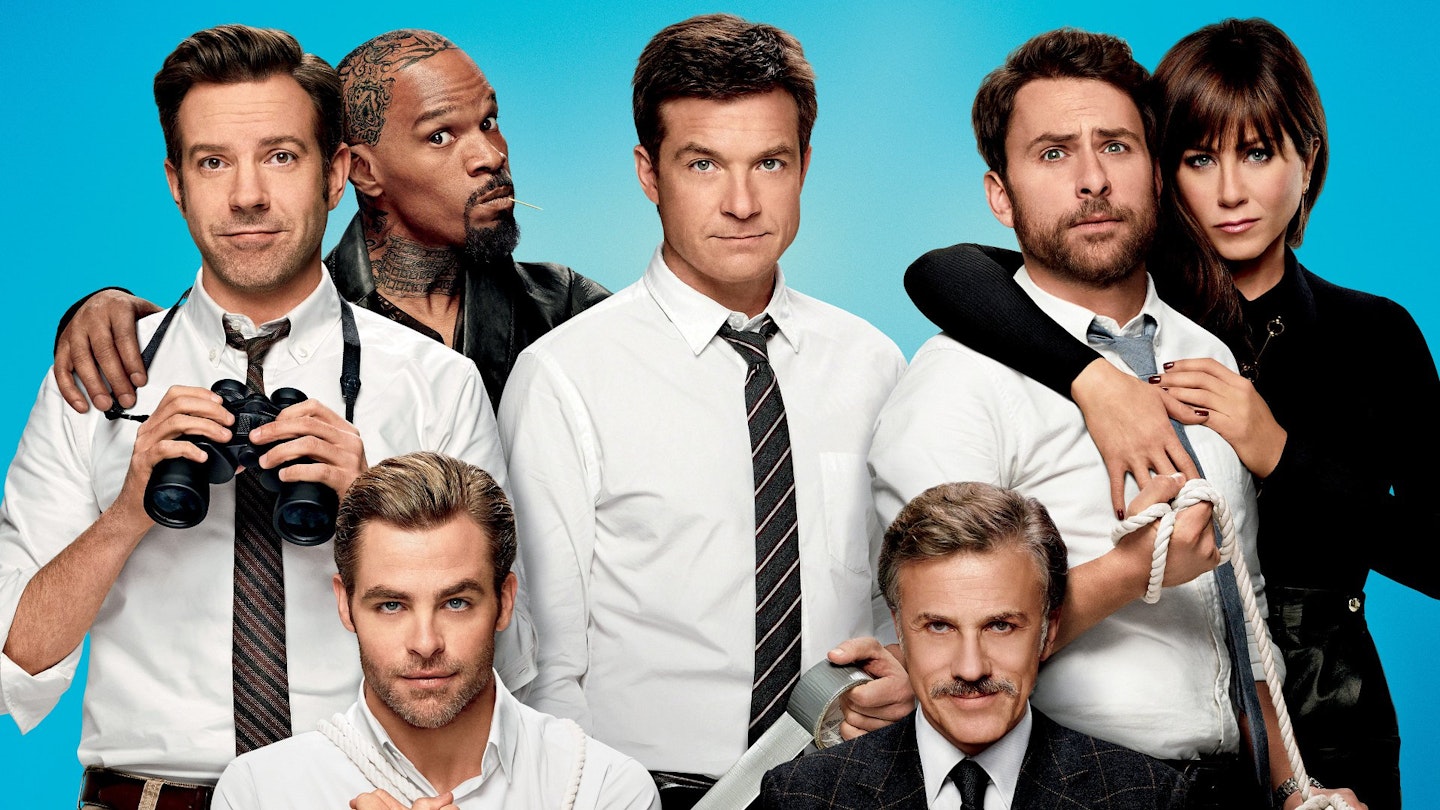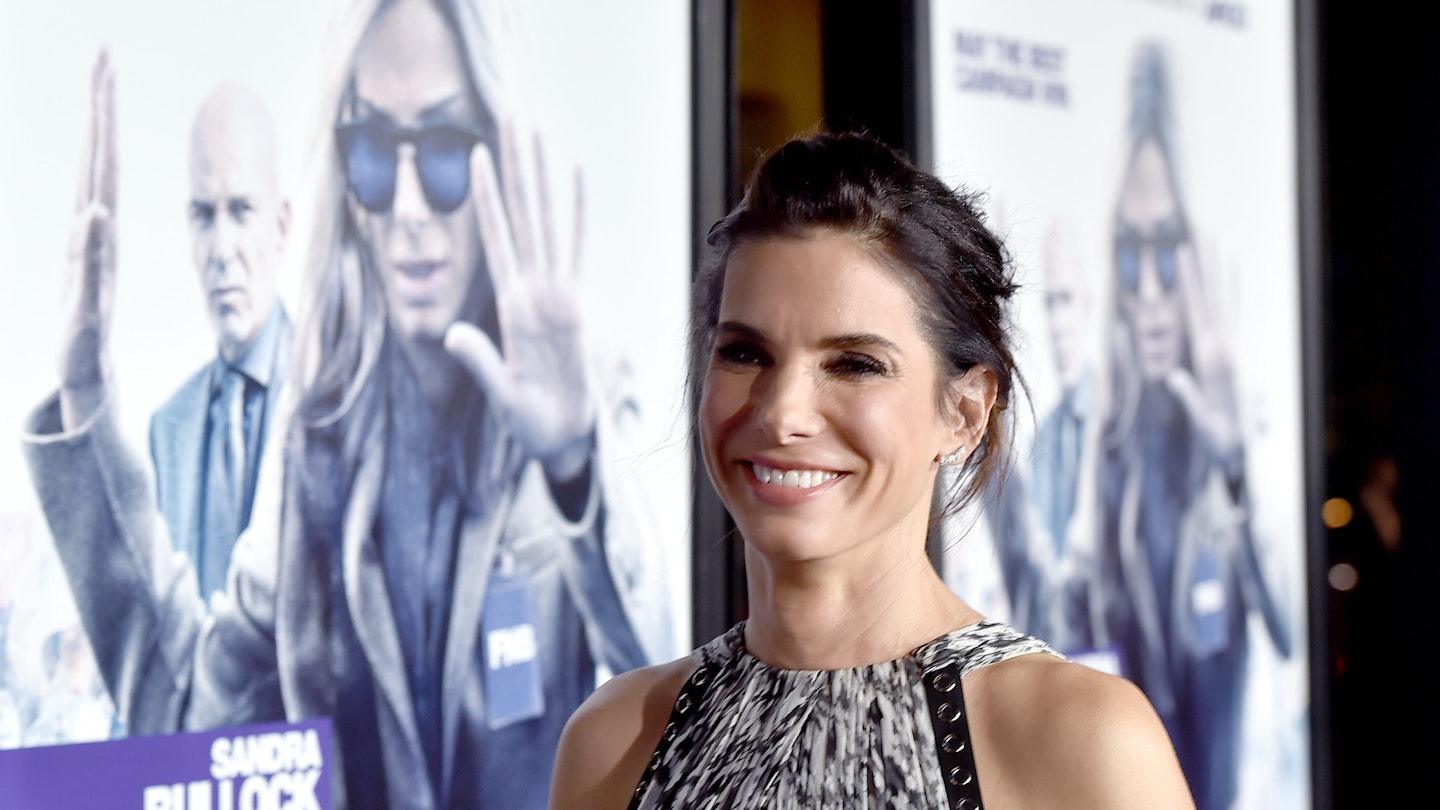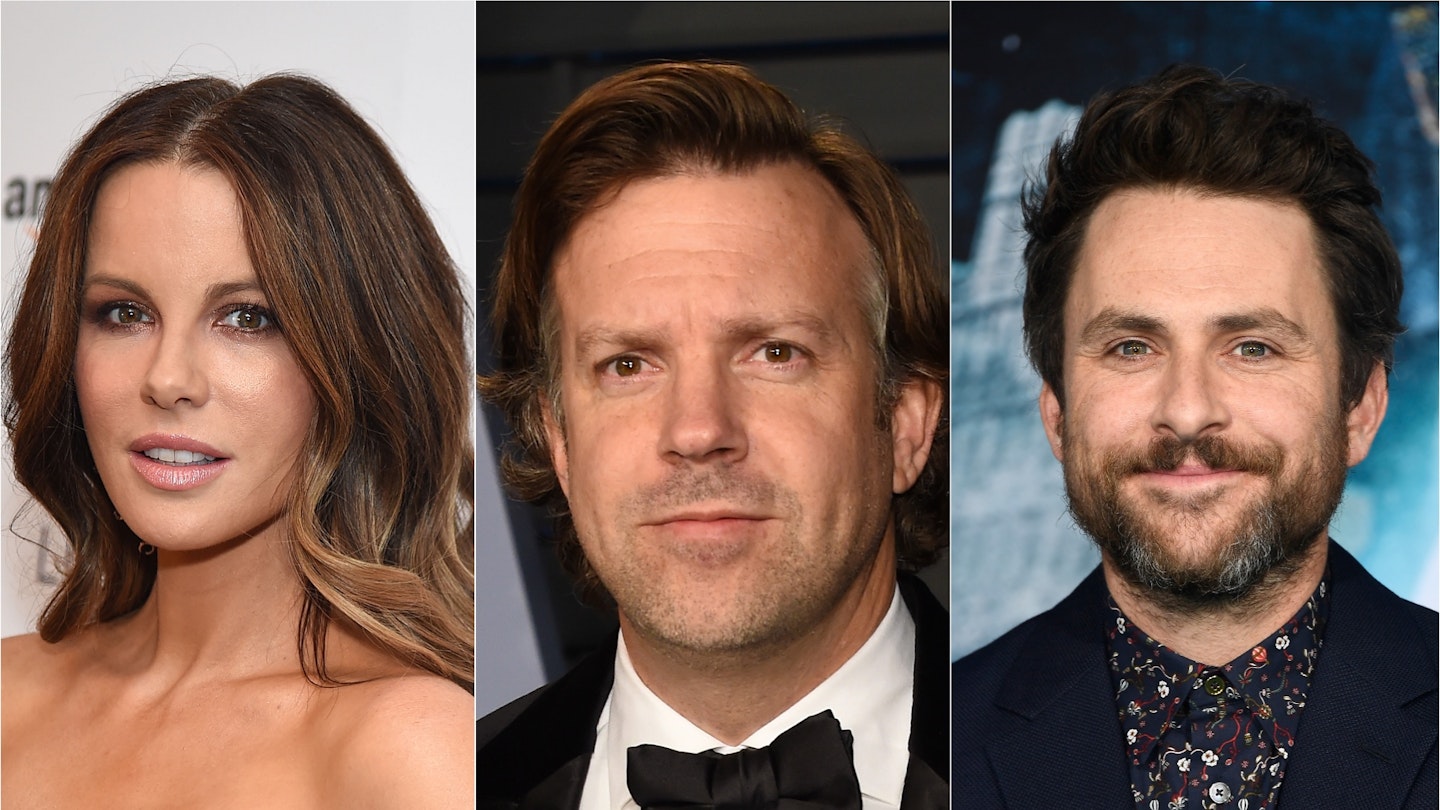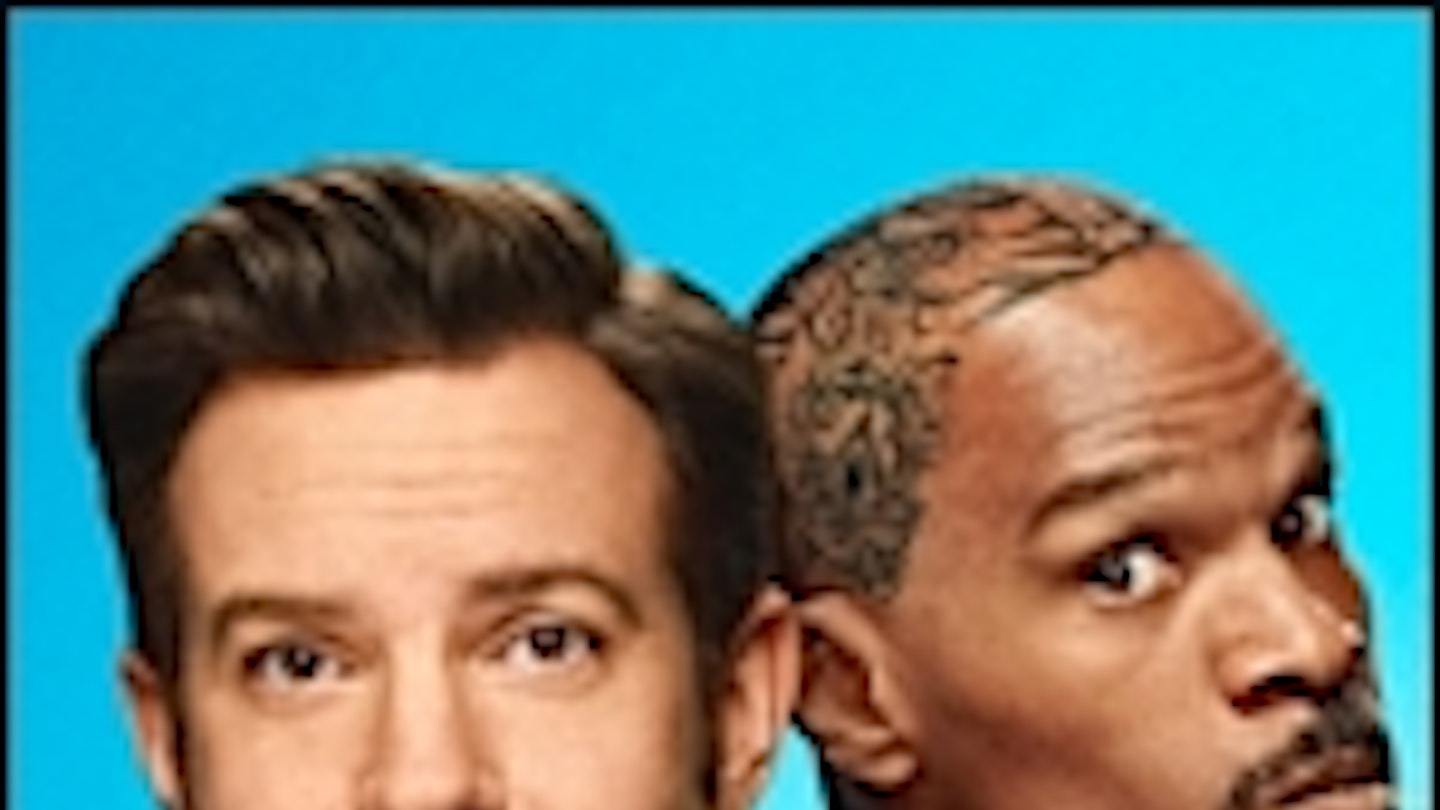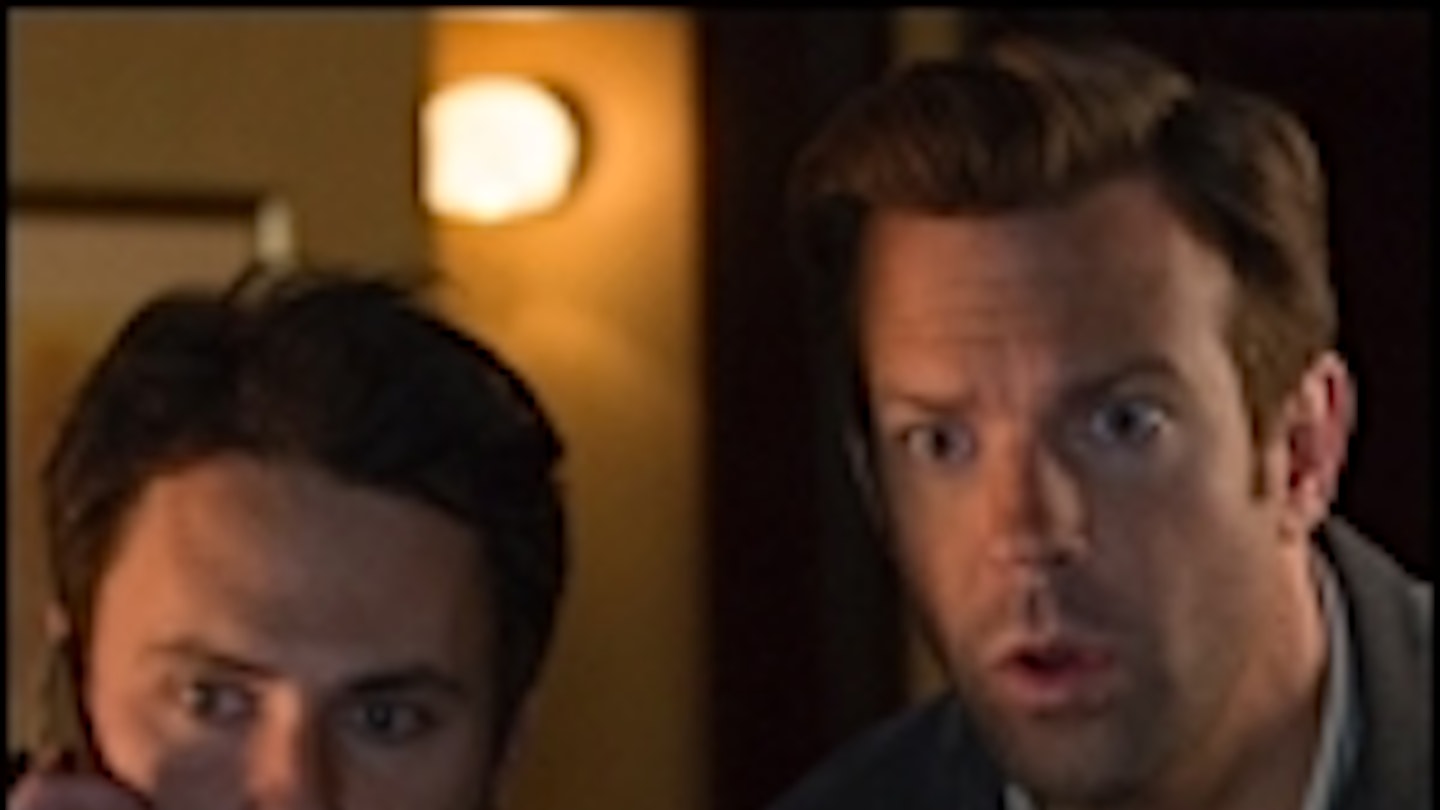The pitch — Office Space meets Strangers On A Train — is why-didn’t-I-think-of-that? brilliant. The casting — three likable comics as the schlubs and three stars, two of them playing against type, as the bosses — is impeccable. Yet Horrible Bosses doesn’t quite deliver, feeling generic and rather limp instead of delivering the comedy punch it needed to land.
The end product manages to attain the baseline of mild background chuckles that you’d expect of a talented comedy ensemble, but it can never quite spike into brilliance. The bosses are horrible, true, but in these straitened times, the prospect of working for these guys is more scary than laugh-inducing. Jamie Foxx’s twitchy ex-con is eccentric, but not that eccentric, and while his advice is dumb, it’s not breathtakingly so. The plot builds into a mildly amusing farce, but it never quite gathers the energy to deliver. Everywhere you look, it falls just short.
It may partly be a case of too many characters and too little focus. The three leads work well together, but none of them are given much character development. And really, if we’re to buy them as genuinely nice guys pushed a little too far, we need more than two scenes each to sell that.
The bosses, meanwhile, get the skin crawling but can’t quite bring the belly laughs. It’s not really the actors’ fault. Kevin Spacey adds an extra sprinkling of sadism and paranoia to his Swimming With Sharks character, cruising through offensiveness and out the other side into grotesquery to good effect. Colin Farrell turns in snivelling, shockingly ugly, sex-addict cokehead in probably the most memorable of the three. And Jennifer Aniston, America’s sweetheart, goes full rapist in an extraordinarily ill-judged series of plot developments. The way in which she attempts to coerce sex from her employee is played for laughs because she’s a woman — but it’s genuinely unsettling and, from a man, would be the stuff of Oscar-focused drama (incidentally, and not encouragingly, the film’s second-biggest female character is also a nympho; the other two are barely sketched). Each of the three lands a laugh or two, but the script doesn’t give any of them the comedy apotheosis that would transform them into icons, and none linger in the mind in the way that, say, Gary Cole’s Bill Lumbergh has done.
